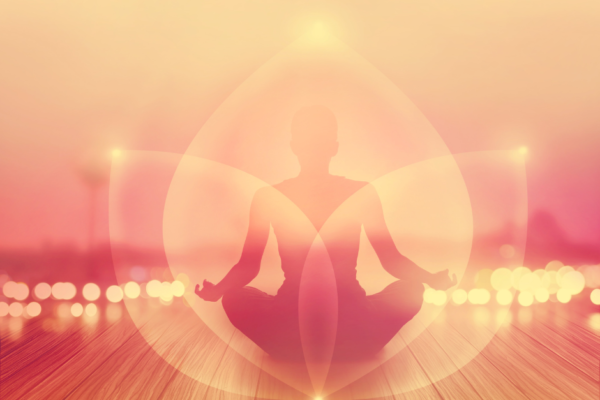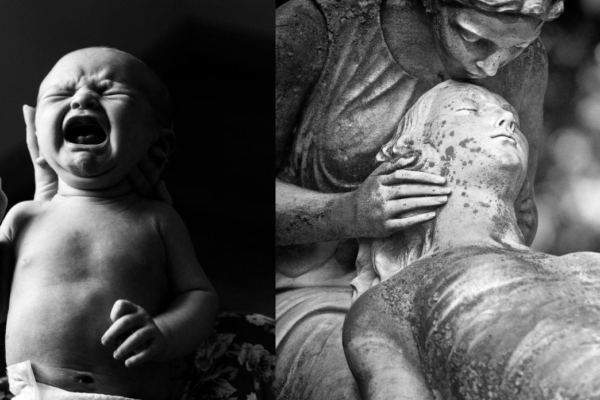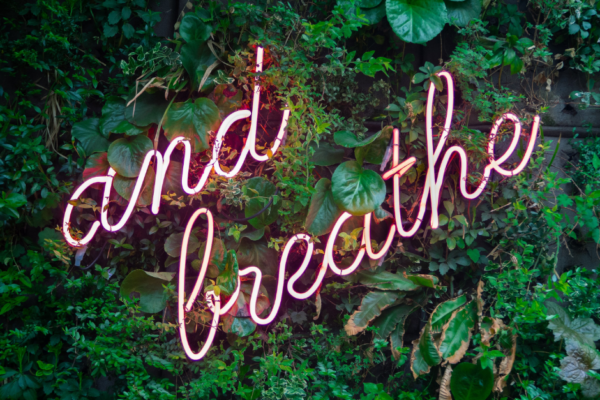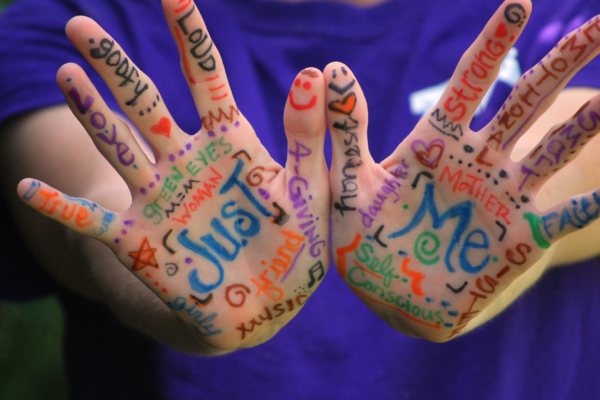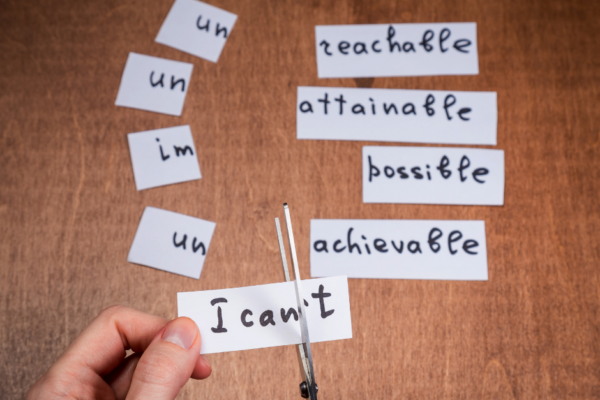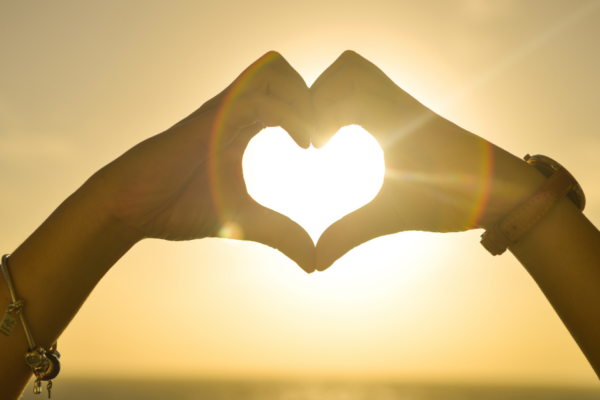“Take your life in your own hands, and what happens?
A terrible thing: no one to blame.”
-Erica Jong
As an intuitive life coach and end-of-life trainer, my clients have shared many valuable experiences with me over the years. In these experiences, I have found a common thread: the ability to look within oneself without putting any blame on others is, indeed, a skill that can you can master over time. It is possible to live a blame-free life!
Many of my clients shared with me that as children they felt blamed, and in turn, they tended to blame others for just about everything. Statements like, “I didn’t do it” and “It was his/ her fault,” were statements that many of us may have heard growing up. These will eventually carry over to one’s end of life. A blame attitude may prevent them from attaining a feeling of peace. Everyone deserves to have the experience of living those days with honor, dignity, and regard.
In this article, we are going to examine how having a “blame attitude” dismally produces anything positive in oneself. More importantly, I will outline how we can shift the attitude of blame to one of acceptance and peace. Pointing the finger of blame at others does not bring us closer to healing the wounds within.
YOU, YOU, YOU!
How often have you found yourself pointing your finger at someone else when you’re not happy about something that happens in your life? Or how many times have you found someone else pointing the finger at you when his/her life is not what he/she would like it to be? Don’t listen when they say “It’s all your fault”!
You could hate your job so you blame your boss, co-workers, family, or anyone else for that matter. Being in an unhappy relationship you blame your spouse, partner, mother, father, children, sister, brother, friend, stranger, or better yet all of humanity!
It’s all those other “you’s” (people/them/they) that are to blame for not living the life YOU want to be living. You may believe it’s their fault and, if that isn’t justifying enough, you may even blame just about everybody else’s everything!

No End to Blame
There is absolutely no end to blame, it’s self-propagating. Blame is a never-ending story that results in choosing to live under a sad cloud, snuffing out appreciation for all that is beautiful in life. Therefore, releasing blame is turning a bad habit into a positive right habit. And yes, the good news is that it’s a choice and everyone has the right, and the ability, to make that choice.
People with blame attitudes seem to always want to keep telling you how miserable they are, justifying why their life is so miserable. Granted, all the reasons they come up with have nothing to do with themselves and they’re unable to see themselves, for so much focus is on others. They blame others for their actions and even inactions.
After a while of listening to someone venting their misery, you might find that you want to commiserate with them, so you begin to share some of the things that have made you somewhat miserable and so the blame game continues. It’s like a contagious disease! The cycle stops if you stop.
Dr. Fran Pastoria, my friend for over 20 years, passed away several years ago and left me with some valuable nuggets of wisdom regarding the belief of endless possibilities to change a negative behavior at any age in life.
Fran received her Ph.D. when she was 70 years old and would say that when people fight for their limitations through blame attitudes they are “winning at losing”. They feel “right” when indulging that part of their ego. Fighting hard for their limitations causes them to waste so much energy on something they won’t do anything about. Blaming others keeps them stagnant and in the same place. They are real victims of themselves and live in victimhood, morning, noon, and night.
The YOU-YOU Blame Game: Not a Fun Sport.
I call this often-time human interaction dynamic, the “YOU-YOU BLAME GAME.” It’s a series of “You” statements that you utter with hardly any justifiable reason. Statements such as,
“You make me sick!”
“You make me mad!”
“You made me fail!”
“You made me not do the things I wanted to do in my life!”
“I’m not happy because of YOU!”
“You aren’t doing enough, etc..”
Such statements repeated over and over can become abusive in nature, and it’s up to each individual to determine the end point of being on the receiving end. It’s YOU that needs to change. It’s a decision to stop blaming self and others, and it’s a decision to choose to be happy.
Although it might “seem” easier to put the blame on others for literally anything, you must honestly ask yourself, “What does it get me?” I think the answer is clear… almost nothing.
Stop The Judgement
Judging is a form of blaming too. It takes precious energy to judge others. It takes a lot of energy to conjure up judgment stories and then engage in a cycle of a reaction to the judgment, only to deplete your energy in the long run. Indulging in this game can make one sick with bitterness.
It may not even stop after you tell someone else about how much they hurt you and how many times you try to convince that person to see your side. Sometimes such situations are warranted and do not overburden the other individual. However, if it’s perpetual, unending, always someone else doing something directly or indirectly to you, then that’s some serious blame attitude that could use some re-shifting. Don Miguel Ruiz, Toltec Master and best-selling author, says you are sending poison to that person when you indulge to this degree.

GOSSIP = POISON
In the Jewish tradition, the concept of “gossip”, judging, and blaming (La Shone Ha Rah or “Evil Tongue”), is considered to be worse than murder. That’s a pretty severe statement! Why? Because in their perspective, you are killing 3 people:
1) The person you are talking about
2) The person you are talking to
3) Yourself
Most of the time when you do this, you react according to what you “think” you know is “true”. In Don Miguel’s book, The Four Agreements, Don Miguel says that if you begin to follow just his four simple agreements you will take responsibility for yourself and be led back to love. After all, isn’t love the ultimate experience we all strive for?
Below are some key excerpts from Don Miguel’s book that may serve as useful in assisting you to interpret your experiences, and at the same time, give you some tools that will assist you in adopting an attitude of embracing responsibility for your actions and thoughts.
The Four Agreements or How NOT to Blame Others
“Be impeccable with your word.”
If you don’t value your word to yourself or anyone else, who will? When you are impeccable with your word, you are honoring yourself and others. Bringing honor, dignity, and regard into any equation helps you to stay far away from judgment and blame.
“Don’t take anything personally.”
Whatever someone else is doing is their business. When you stay on your side of the equation and own your own part 100%, you can hold the space for someone else to experience whatever they are experiencing. It’s a lot easier to co-exist without judgment and without taking it personally.
When someone is dying and they are irritable or angry, it’s not about you. In fact, it’s NEVER about you! It’s about their experience.
When you say, “It’s understandable you would feel that way,” you are able to have compassion for whatever they are experiencing and they feel heard. A note of caution – when you say, “I understand,” you are pretending to know what they are experiencing, but you can’t possibly understand what they are feeling. You are not in their shoes.
“Don’t make assumptions.”
This one is a spirit killer. How often have you projected what you thought someone else was thinking and then reacted as if it were “true”?
When you stop making assumptions and ask questions to clarify what you may think is going on, you are creating an authentic relationship. You start caring about what IS going on, instead of assuming you know.
When someone is sick or dying, be genuinely interested in the answers they give you from the questions you are asking. You can even ask them what they are experiencing and what it’s like to be in their situation. This will hold the space for them to have THEIR experience, and not the one you “think” they “should” be having.
“Always do your best.”
When you always do your best, that’s the best you can do. Just remember that you are human, with human qualities that go this way and that. I think the goal here is to give yourself (and others) a break, and know that navigating the human experience is bumpy and takes some practice.
Managing your energy is the key factor here. If you are fearful and you are around someone who is dying I suggest you leave your fear at the door and stay curious about the experience. This is so you don’t impose your own feelings on them.
Be gentle and kind to yourself. Treat your humanity as you would your pet (sometimes we treat our pets better than ourselves). This will give you good practice on not beating yourself up for not getting things “right”. It’s not about being right. It’s about being present.
Don Miguel says, “We judge others according to our image of perfection as well, and naturally they fall short of our expectations.” This too makes sense. Who could possibly live up to your own expectations? No one! And when they don’t behave in the manner you want, or say the things you want them to say, you become disappointed, judge them, get mad, and blame them. This is like a Catch-22. No one wins!
Blaming Others for…
You want to blame someone (anyone) if you’re unhappy or dissatisfied with your life, but you can’t. It’s like blaming others if you are out of shape because you want them to exercise you. Only YOU can exercise yourself, and only you can make and keep yourself happy. Of course, you can create a loving support system, but have you ever told anyone not to eat something that wasn’t good for them? Did they listen to you? Some people don’t even listen to their own doctors!
It’s no different at the end of life. When you get sick or are diagnosed with something terminal, of course, you initially might want to blame someone else for being sick. And if you are at the end of your life, you may blame just about everything on somebody else. I think that’s a natural inclination because at first, you don’t want to accept your circumstances. It is understandable. Who would?
The 5 Stages
Elisabeth Kubler Ross exposes a plausible answer to the 5 stages of dying in her book, On Death and Dying. Briefly, the five stages are Denial, Anger, Bargaining, Depression, and Acceptance.
You want to blame the medical tests for not being accurate, the doctors because they didn’t find whatever they found early enough, and yourself for not eating properly, not exercising enough, and for not taking care of yourself adequately. The blame just goes on and on and on.
You ask the Universe/God/ anyone in whom you believe is a higher, spiritual authority, “Why me? What did I do to deserve this?”
Well, the answer to that one is, “Why not me?” I know that may sound harsh, but remember, none of us is getting out of here alive. The truth is that we are all going to die someday from something at some time. It’s part of our human experience. When we accept that death and dying are part of our human design, the more apt we will be at reconciling our lives, and even live with a sense of well-being.

THREE FINGERS POINTING BACK AT YOURSELF
A gentle reminder that once you point that finger out, three fingers are pointing back at you. Those three fingers are a sign to look inside yourself first before you engage in blame. Looking at the “faults” of others is a way of not taking ownership of your own shortcomings. We sometimes tend to be hard on ourselves and expect perfection of ourselves and even others. Being human means we are vulnerable, fragile, fallible, and make mistakes, which means we are far from perfect!
As humans, we serve as perfect mirrors for each other. It would be a good thing to appreciate what we see, instead of criticizing whatever we see in others.
In Conclusion…
In review, here are some main points to remember:
- Blame is a never-ending story if you let it be. It can make you stressed out and bitter.
- Playing the YOU-YOU BLAME GAME gets you nowhere. There is no winner.
- Taking responsibility for your part allows you to look at your own self and what you need to change.
- Gossip is poison. It may be a temporary measure of relief from feeling hurt, but in the end, it hurts more people than you realize.
- Being in judgment hinders your perspective and inhibits you from being/showing love.
- Following the Four Agreements that Don Miguel advocates will help you stay in check with your part of the equation.
- Forgiving yourself and others for being human is a kind thing to do.
- Setting an intention vs. having an expectation is the way to live a happier life, from the inside out, leading to love.
- Love is the ultimate feeling that will bring a sense of well-being in all situations.
- You will spend less time in the neighborhood of victimhood when you spend more time in an attitude of gratitude.
- Spending time looking at the blessings in your life and focusing on ALL the wonderful things in your life brings great appreciation for even being alive.
It’s your life. Enjoy the journey. And remember to bring love into everything you do… and don’t forget the humor! We can’t ever have enough humor.



